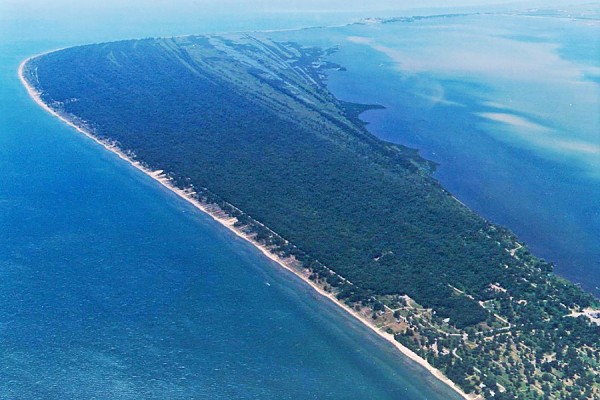 UWindsor's Dr. Aaron Fisk, Tier 1 Canada Research Chair in Changing Great Lakes Ecosystems, officially launches the Real-Time Aquatic Ecosystem Observation Network on Friday, March 16, 2017.
UWindsor's Dr. Aaron Fisk, Tier 1 Canada Research Chair in Changing Great Lakes Ecosystems, officially launches the Real-Time Aquatic Ecosystem Observation Network on Friday, March 16, 2017.
Researchers will monitor the Great Lakes with a network of real-time sensors, autonomous sub-surface vehicles, and independent instruments.








